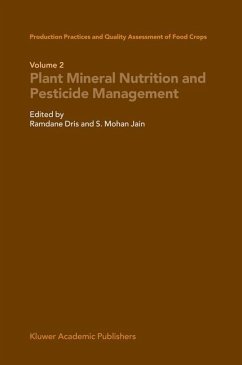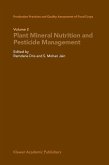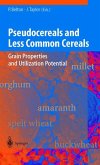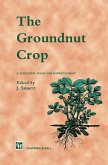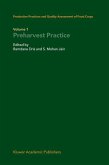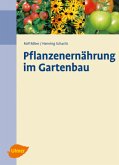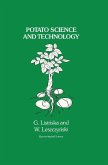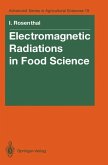Plants require nutrients in order to grow, develop and complete their life cycle. Mineral fertilizers, and hence the fertilizer industry, constitute one of the most imp- tant keys to the world food supplies. There is growing concern about the safety and quality of food. Carbon, hydrogen and oxygen, which, together with nitrogen, form the structural matter in plants, are freely available from air and water. Nitrogen, phosphorus and potassium, on the other hand, may not be present in quantities or forms sufficient to support plant growth. In this case, the absence of these nut- ents constitutes a limiting factor. The supply of nutrients to the plants should be balanced in order to maximise the efficiency of the individual nutrients so that these meet the needs of the particular crop and soil type. For example, it should be noted that EU-wide regulations are not designed to govern the specific details of mineral fertilizer use. Although plants receive a natural supply of nitrogen, phosphorus and potassium from organic matter and soil minerals, this is not usually sufficient to satisfy the demands of crop plants. The supply of nutrients must therefore be supplemented with fertilizers, both to meet the requirements of crops during periods of plant growth and to replenish soil reserves after the crop has been harvested. Pesticides are important in modern farming and will remain indispensable for the foreseeable future.
Hinweis: Dieser Artikel kann nur an eine deutsche Lieferadresse ausgeliefert werden.
Hinweis: Dieser Artikel kann nur an eine deutsche Lieferadresse ausgeliefert werden.

